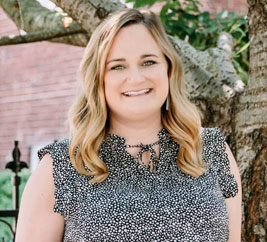Why Should I Consider Creating a Trust?
One of the great advantages of creating a trust is to help heirs avoid probate after the decedent passes away. Unlike a will that must go through the legal process of probate, all assets in a trust can go to the designated beneficiaries.
Probate is the process of authenticating a will, paying all outstanding debts, and finally distributing assets. Depending on the size and other circumstances of the estate, probate can take anywhere from a few months or even longer should legal complications arise.
However, the probate process could cause beneficiaries to have to wait on financial resources they may desperately need because their loved one has passed away. Once a will has been probated, it becomes a matter of public record. All assets and other property that beneficiaries inherit are now public knowledge. With this information, creditors could then come after heirs for any outstanding debts they may owe.
However, the same cannot be said about a trust. All of the assets individuals receive remain private, and creditors are not privy to what property or other financial resources beneficiaries inherit. Placing assets in a trust can help families keep control of their assets for future generations and ensure that creditors or former spouses cannot access them.
If you are still weighing the benefits of creating a trust versus writing a will, allow a qualified member of our legal team to provide you with a free case review.




 Julia Mynhier
Julia Mynhier 
 Crow Estate Planning
Crow Estate Planning 
 Kyle Shannon
Kyle Shannon 
 John Crow
John Crow 